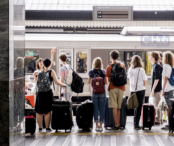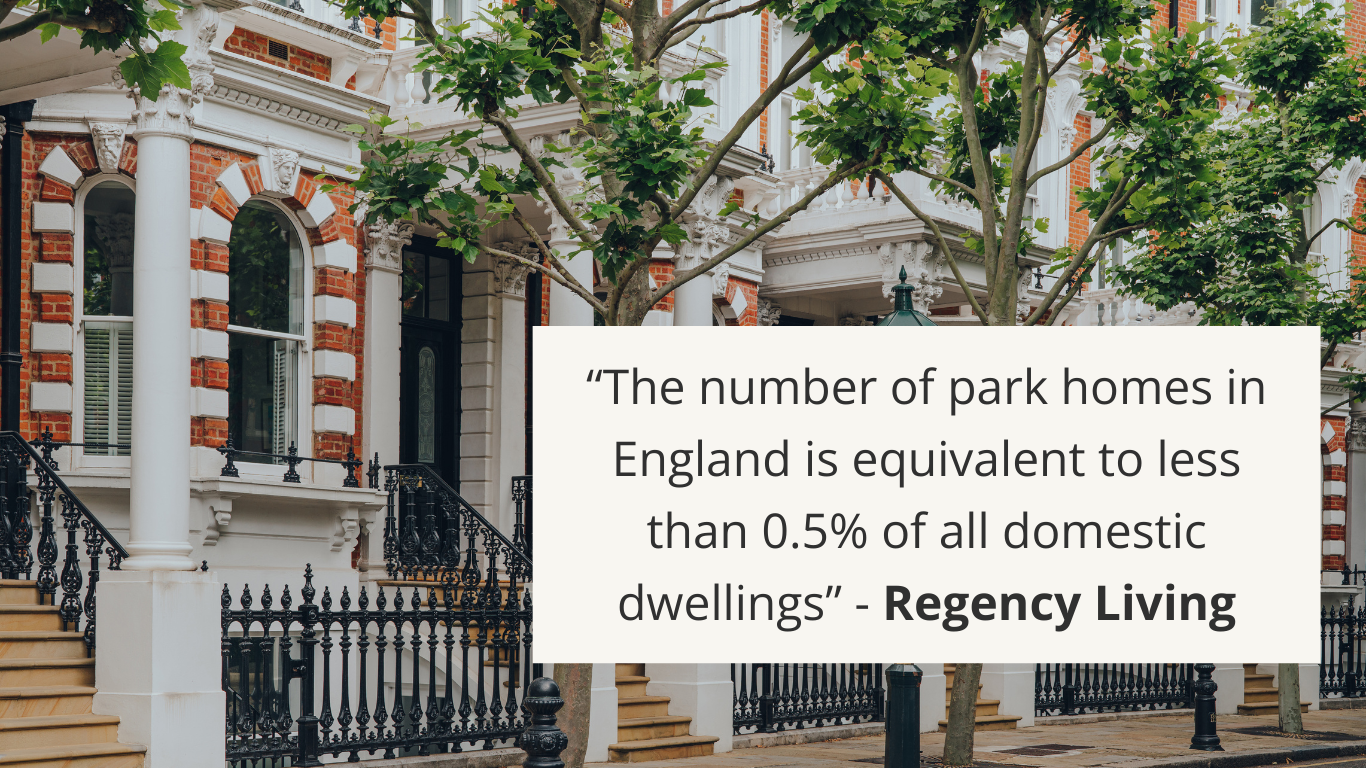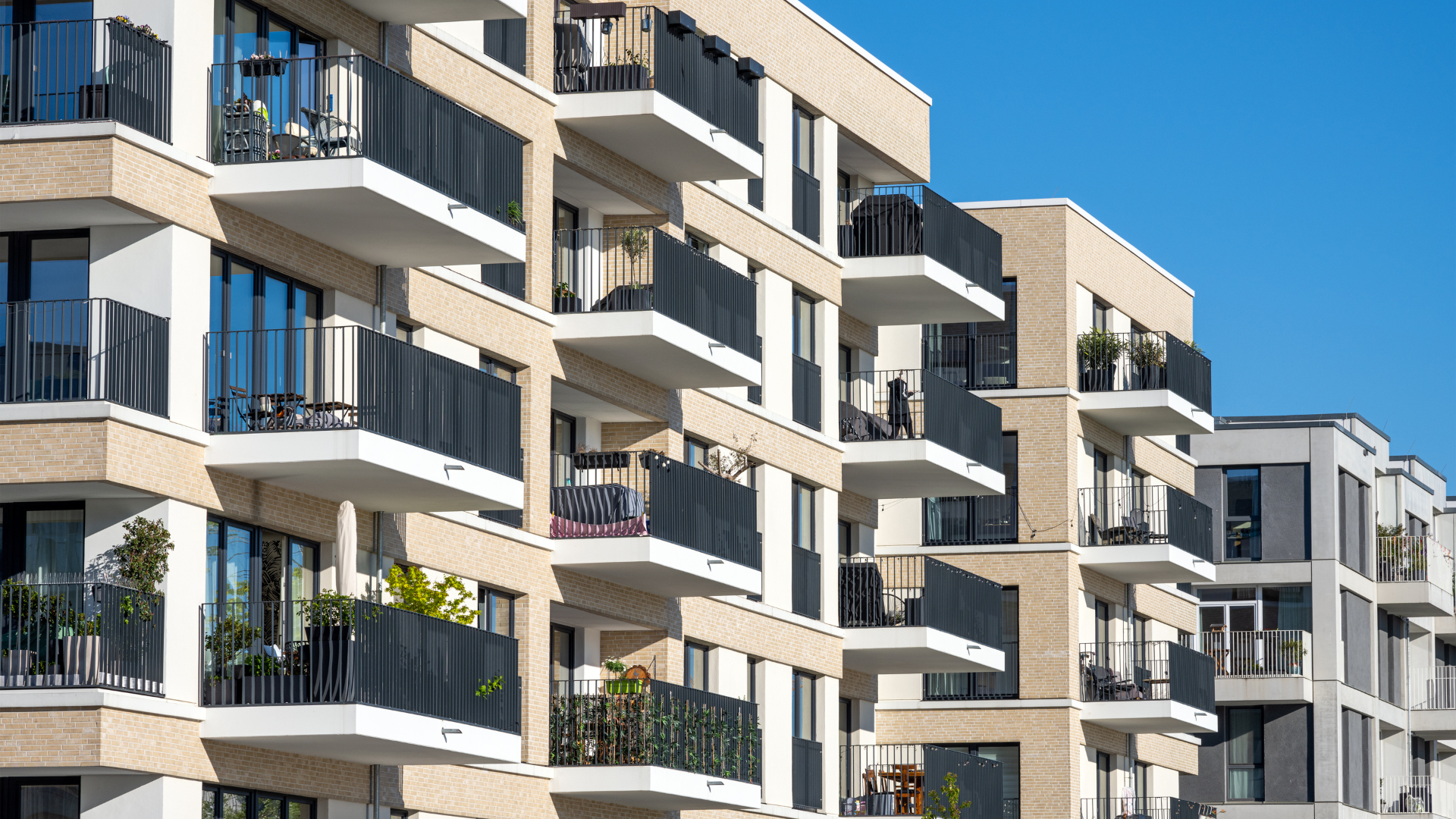
Is the government doing enough? That is another question yet to be answered as these girls fate hang on a rope. The government claims that the forces are continuing their search for the girls. But the people want to see results not talks. It’s emerged that the girls have been taken into slavery across borders while some have been forced to marry the militant ‘masters’.
Over Two weeks ago, the Islamist group Boko haram raided the school hostel Chibok town in the Northern part of Nigeria and abducted well over 230 girls. It’s reported that about 43 of the girls have escaped to freedom though unconfirmed, yet the number still missing is overwhelming.
The town leader in an interview with the BBC has called on the government, institutions, world leaders to mount pressure for the release of these innocent girls. Campaigners continue to raise alarm and pressure the Nigerian government to do more.
The Islamist group leader lady year threatened in a video that women and girls abducted during insurgence will be treated as slaves. This coward act of abduction and slavery is unacceptable in our time and a thing of sorry says a campaigner. It is believed in ancient Islam that women captured during war are slaves subject to satisfying their ‘masters’ sex needs.
The campaign continues on social media, twitter and Facebook and it’s now everyone’s cup of tea. You can get involved by using the hashtag #bringbackourgirls














Comment